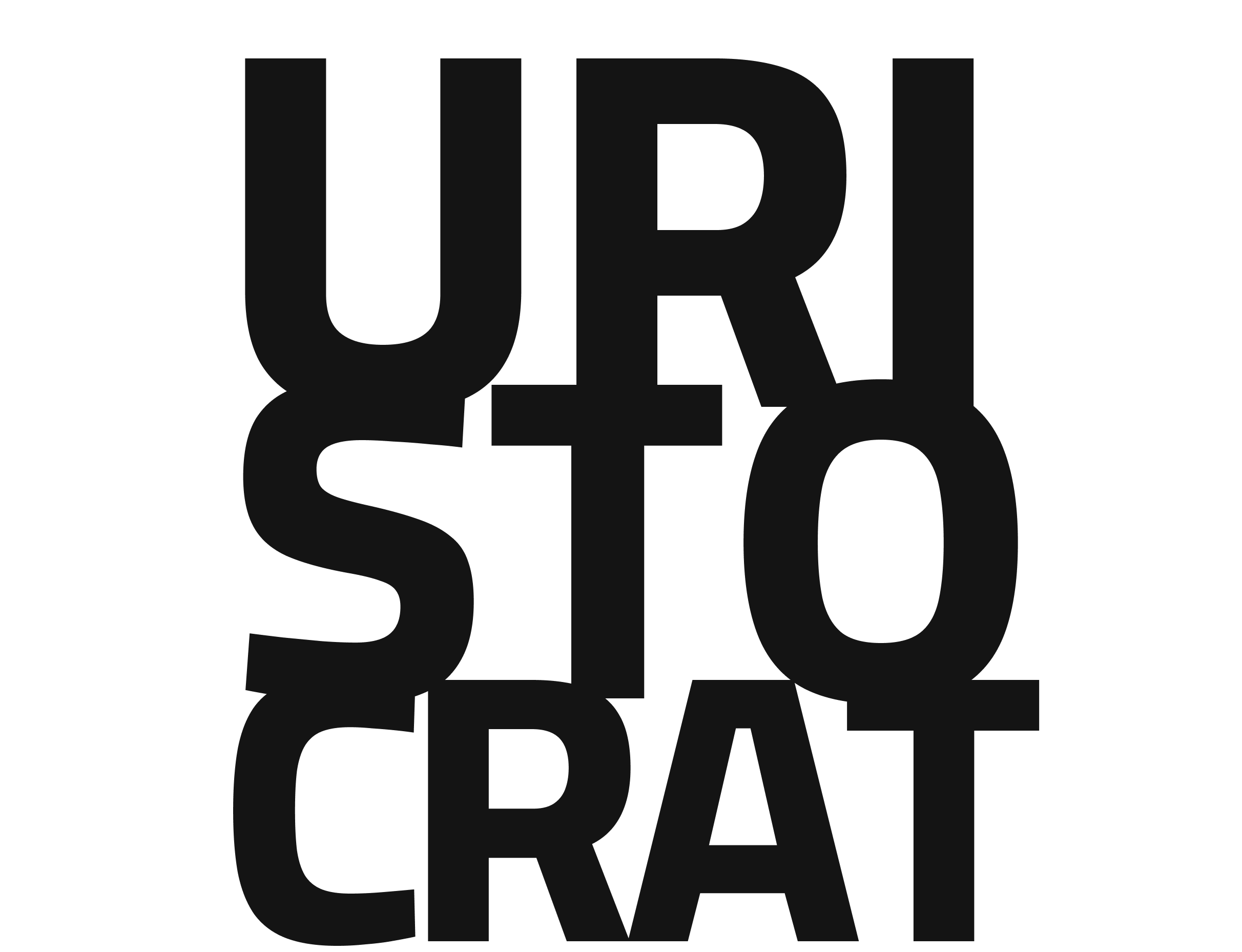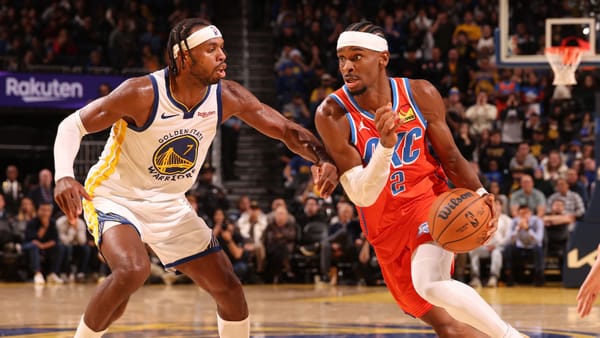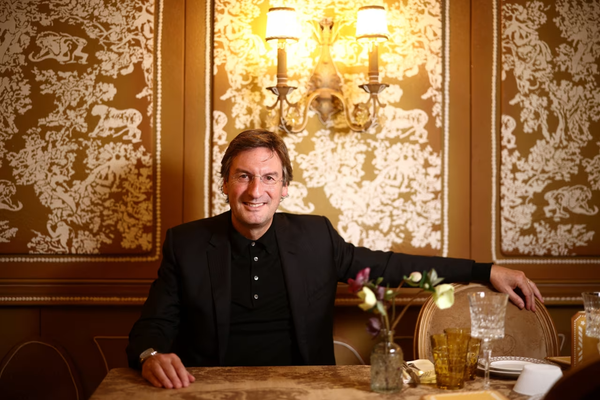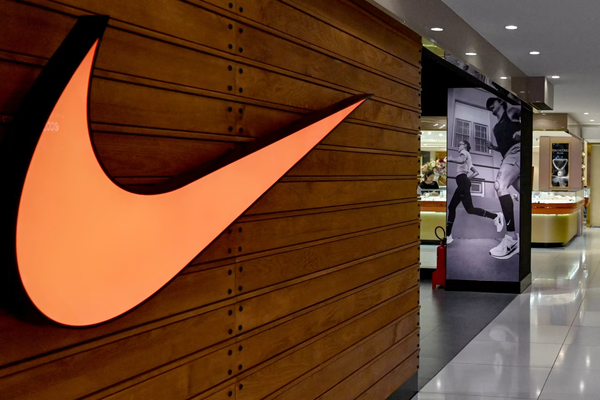The NFL's and NFLPA's Secret: How a Buried Collusion Ruling Is Reshaping Player Power in 2025
A $12 million legal battle exposes the NFL's backroom dealings — and the NFLPA's questionable transparency
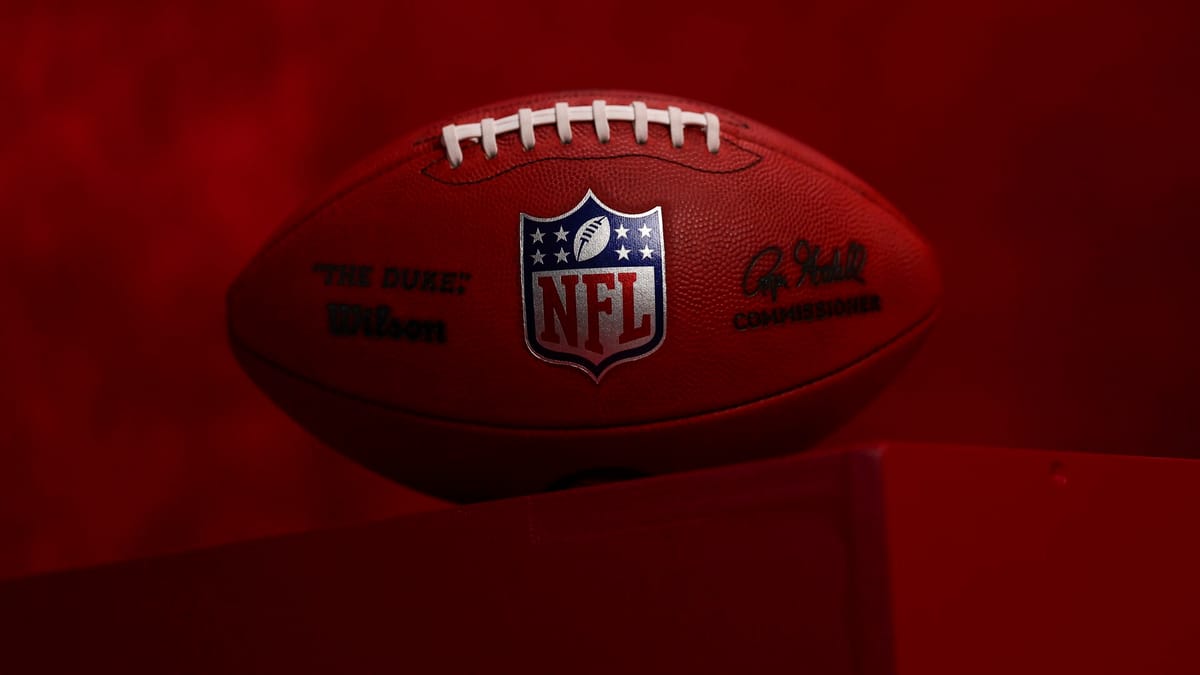
The NFL and its players' union's routine grievance about quarterback contracts has exploded into a multi-million-dollar scandal that's putting both Roger Goodell and NFLPA leadership in the hot seat. The NFL and NFLPA secretly buried a bombshell arbitration ruling for six months — until a podcast exposed the whole charade last month.
The Ruling That Changed Everything
Back in January, arbitrator Christopher Droney issued a 61-page decision on the NFLPA's collusion grievance that was part vindication, part disappointment. The union couldn't prove outright collusion among owners, but Droney found something arguably worse: Commissioner Roger Goodell and league counsel Jeff Pash had actively encouraged owners to restrict guaranteed money in player contracts following Deshaun Watson's fully guaranteed $230 million deal in 2022.
Translation: The league office was coaching owners on how to suppress player salaries.
The grievance centered on three quarterbacks — Lamar Jackson, Russell Wilson, and Kyler Murray — who couldn't secure fully guaranteed deals despite Watson setting the market. The NFLPA proved "by a clear preponderance of the evidence" that league executives pushed this strategy, but couldn't show direct impact on these specific players.
Both the NFL and NFLPA agreed to keep the ruling secret, sharing it only with lawyers and senior executives. Not even the union's executive committee — the players elected to represent their interests — knew what their lawyers had uncovered.
NFLPA executive director Lloyd Howell briefed the committee that they'd "lost" but conveniently omitted the part about proving league misconduct. Instead, he blamed his predecessor, DeMaurice Smith, for "wasting resources" on the case.
The secrecy was held until Pablo Torre's podcast obtained and published the ruling two weeks ago. The NFL is also demanding $12 million in legal fees and costs, claiming the NFLPA brought the case "without reasonable basis." The NFL deployed this threat as leverage to secure the original confidentiality agreement.
What This Means for Player Power
Multiple players are now exploring legal options, with Justin Herbert specifically mentioned as a potential plaintiff after the ruling revealed communications between Chargers owner Dean Spanos and Cardinals owner Michael Bidwell about guaranteed deals.
Thirty of 32 second-round picks in the 2025 draft remain unsigned, seeking more guaranteed money — a direct result of players now understanding what their union uncovered but didn't share.
The broader impact is institutional trust. A petition is already circulating to remove Howell, citing "poor judgment, financial mismanagement, and conflicts of interest".
The 2025 Reality Check
The FBI is investigating the NFLPA's relationship with licensing firm OneTeam Partners, and there's a $7 million lawsuit over a Panini contract breach. Add the collusion fallout, and you have a union leadership facing credibility questions at the worst possible time.
For players, the lesson is clear: institutional transparency isn't just about good governance — it's about maximizing leverage. The evidence the NFLPA buried could have been weaponized in negotiations, media campaigns, and future grievances. Instead, it sat in filing cabinets while players signed contracts without knowing their union had documented systematic league pressure on owners.
The Bottom Line
The NFL and NFLPA agreed to pause "everything" in the post-ruling process indefinitely, essentially creating a legal time-out that served both organizations' short-term interests while undermining long-term credibility.
The real cost isn't the $12 million in legal fees. It's the trust deficit that emerges when stakeholders discover their representatives prioritized institutional relationships over transparency.
